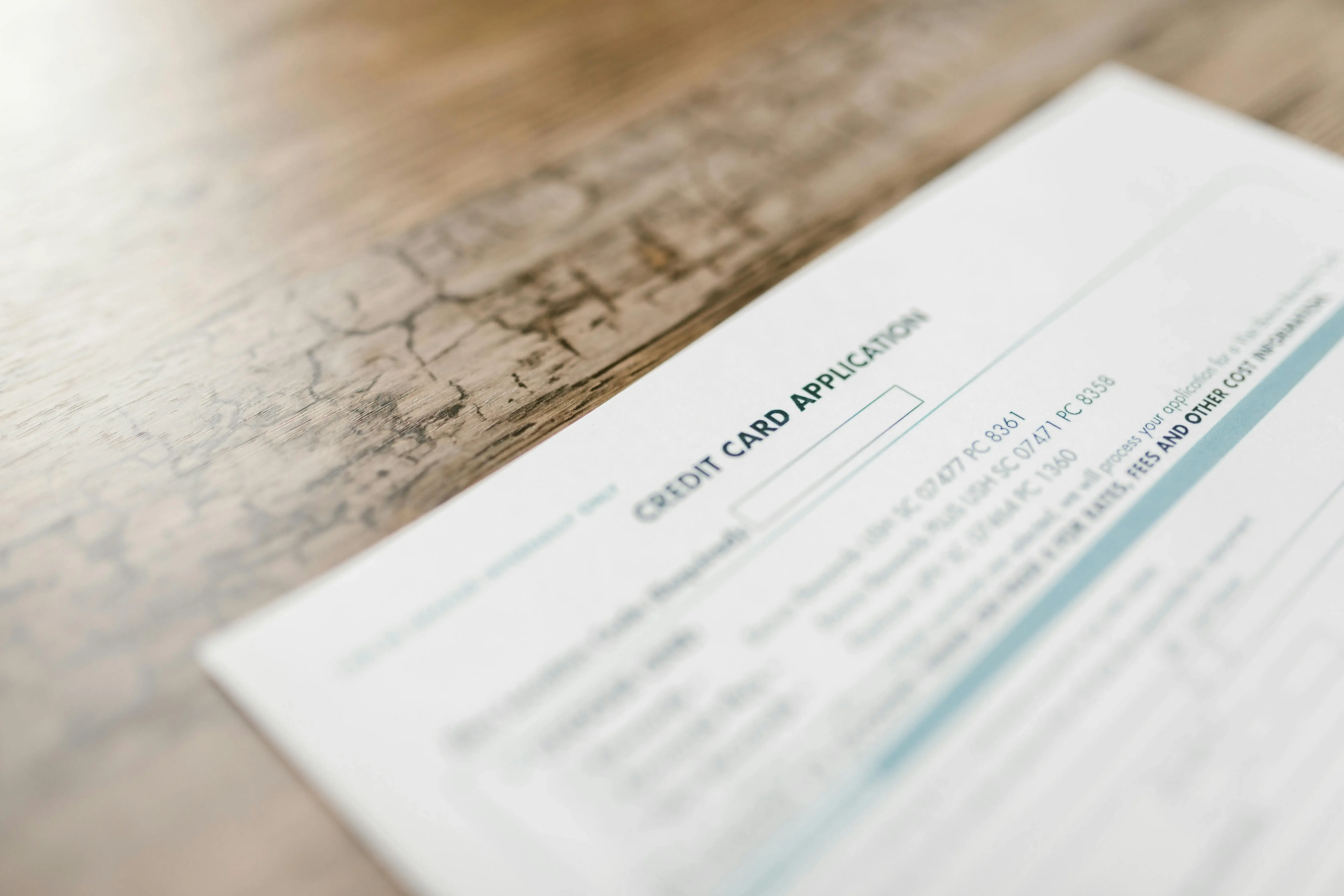
Kudos has partnered with CardRatings and Red Ventures for our coverage of credit card products. Kudos, CardRatings, and Red Ventures may receive a commission from card issuers. Kudos may receive commission from card issuers. Some of the card offers that appear on Kudos are from advertisers and may impact how and where card products appear on the site. Kudos tries to include as many card companies and offers as we are aware of, including offers from issuers that don't pay us, but we may not cover all card companies or all available card offers. You don't have to use our links, but we're grateful when you do!
Does HMRC Affect Your Credit Score?
July 1, 2025


Quick Answers
HMRC does not report your tax payment history to credit reference agencies, meaning your regular tax compliance will not appear on your credit file or influence your score.
A formal ‘Time to Pay’ arrangement with HMRC is a confidential agreement and will not be shared with credit agencies, thus having no direct impact on your credit rating.
If you fail to pay your tax and HMRC pursues legal action, a resulting County Court Judgment (CCJ) will be recorded on your credit file and can significantly harm your score.
What Is HMRC?
His Majesty's Revenue and Customs, or HMRC, is the UK's tax, payments, and customs authority. This non-ministerial government department is responsible for collecting the money that pays for the UK’s public services and helping families and individuals with targeted financial support. Its primary functions include the administration of Income Tax, Corporation Tax, VAT, and National Insurance contributions.
The relationship between HMRC and your personal finances can extend to your credit score. HMRC has the authority to share information about overdue tax debts with credit reference agencies. Consequently, an outstanding debt to HMRC could be recorded on your credit file, potentially impacting your ability to obtain future credit.
How HMRC Could Impact Your Credit Score
While HMRC doesn't directly report to credit agencies, unpaid tax debts can trigger a chain of events that seriously damages your credit score. Here’s how a tax issue can escalate.
- Initial Missed Payment: The process begins when you fail to pay a tax bill, such as Self Assessment or VAT, by the deadline. Initially, this is purely a matter between you and HMRC.
- HMRC Enforcement Action: If the debt remains unpaid, HMRC will issue penalties and warnings. If these are ignored, they can escalate to more serious enforcement actions to recover the outstanding amount.
- Court Proceedings: As a last resort, HMRC can take you to court to recover the debt. This can result in a County Court Judgement (CCJ) being issued against you in England and Wales.
- Public Record Entry: If the CCJ is not paid in full within 30 days, it is recorded on the public Register of Judgments, Orders and Fines, which is monitored by credit reference agencies.
- Credit File Impact: The CCJ is then added to your credit file, where it will stay for six years. This entry significantly lowers your credit score, impacting your ability to get future credit.
How Much Will HMRC Affect Your Credit Score?
The degree to which HMRC can influence your credit score isn't always straightforward. It hinges on the specific circumstances of your tax situation and the actions taken to resolve it.
- Direct vs. Indirect Impact. HMRC does not report directly to credit reference agencies. However, legal actions for unpaid tax, such as a County Court Judgement, will appear on your credit file and significantly lower your score.
- Severity and Duration. A minor, quickly settled tax discrepancy is unlikely to cause issues. Conversely, substantial and prolonged tax debts that escalate to legal proceedings will have a much more damaging effect on your credit history.
- Lender Scrutiny. Lenders often request tax documents during mortgage or loan applications. Even if not on your credit report, outstanding tax liabilities can be a major red flag and may result in a denial.
How You Can Avoid HMRC Affecting Your Credit Score
Engage with HMRC Proactively
If you foresee trouble paying your tax bill, contact HMRC as soon as possible. You may be able to arrange a 'Time to Pay' agreement. This formal plan prevents debt escalation and the potential for court action that could harm your credit file.
Dispute Inaccuracies Promptly
Should you believe HMRC's assessment is incorrect, you must dispute it formally and quickly. Challenging an inaccurate tax demand can halt collection proceedings, thereby preventing legal steps that could ultimately lead to a County Court Judgement (CCJ) and a damaged credit score.
Ways to Improve Your Credit Score
Improving your credit score is an achievable goal that can significantly impact your financial life, from loan approvals to interest rates. With consistent, positive financial habits, most people can see meaningful changes within just a few months.
- Monitor your credit reports. Regularly check your reports from all three major bureaus to identify and dispute any inaccuracies that could be dragging down your score.
- Set up automatic bill payments. Your payment history is the most significant factor in your score, so ensuring every bill is paid on time is a critical step toward improvement.
- Reduce your credit utilization ratio. Aim to use less than 30% of your total available credit, as high balances can signal risk to lenders and lower your score.
- Become an authorized user. Being added to a credit card account with a long history of on-time payments and low utilization can give your score a boost.
- Diversify your credit mix. Lenders prefer to see that you can responsibly manage different types of credit, such as revolving credit from cards and installment loans like a car payment.
- Limit hard inquiries. Applying for too many new lines of credit in a short period can temporarily lower your score, so try to space out applications.
The Bottom Line
While HMRC doesn't share tax payment data with credit reference agencies, failing to pay your tax bill can lead to court action, which will negatively impact your credit score.
Frequently Asked Questions
Can an HMRC Time to Pay arrangement affect my credit score?
A Time to Pay arrangement is not reported to credit agencies and won’t directly harm your score. However, the financial issues leading to it could.
Will owing tax to HMRC appear on my credit report?
Typically, no. HMRC debts are not shared with credit reference agencies unless non-payment leads to a County Court Judgement (CCJ), which would be recorded.
Does getting a tax refund from HMRC impact my credit score?
No, applying for or receiving a tax refund is a routine interaction with HMRC and has absolutely no effect on your credit file or score.
Unlock your extra benefits when you become a Kudos member

Turn your online shopping into even more rewards

Join over 400,000 members simplifying their finances

Editorial Disclosure: Opinions expressed here are those of Kudos alone, not those of any bank, credit card issuer, hotel, airline, or other entity. This content has not been reviewed, approved or otherwise endorsed by any of the entities included within the post.


































.webp)
.webp)



.webp)



